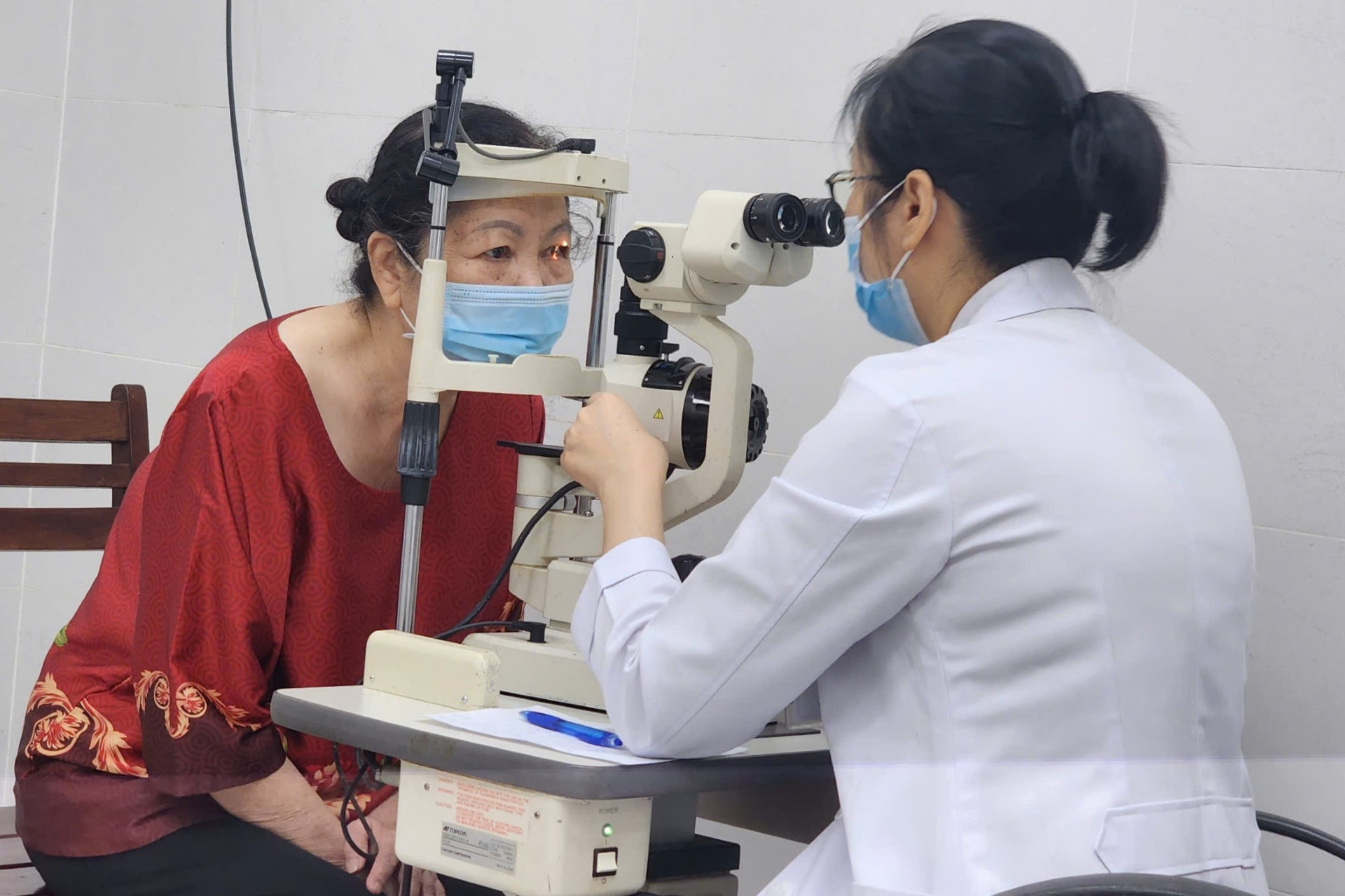
A recent Government Inspectorate report has identified shortcomings and violations in 20 administrative procedures and five sets of documentation at five units under the Ministry of Health (MOH): Drug Administration, Medical Services Administration, Food Safety Department, Department of Traditional Medicine and Pharmacy Management, and Department of Infrastructure and Medical Equipment.
Among these, 19 administrative procedures had overdue documentation, 10 of which were over 50 percent overdue, and some procedures 89-90 percent. Several cases had average overdue durations exceeding 400 days. It sometimes took 2-4 years to follow procedures, from receiving dossiers, processing, evaluation, to results. Current laws say the procedure must be completed within three days.
VietNamNet would like to introduce an article below by Prof and Honorary Academician Nguyen Van De, President of the Vietnam Private Hospital Association, on this issue.
According to the Government Inspectorate, in 2021-2023, the overdue documentation ratio at MOH was 69.8 percent, while the figure was up to 90 percent percent in the fields of pharmaceuticals, traditional medicine, and medical equipment. These figures reflected significant challenges.
However, 2021-2023 was a particularly difficult period, not just for the healthcare sector, but for the entire nation. The Covid-19 pandemic exerted unprecedented pressure on the healthcare sector, forcing the healthcare system to focus intensely on pandemic fighting, while maintaining routine medical services.
Simultaneously, the problems which have existed for a long time in the history of the healthcare sector, from inconsistent legal documents, to workforce shortages (medical staff resigned or left medical units) have made administrative reform in the sector become more difficult. In such conditions, dissatisfaction from citizens and businesses about medical services was understandable.
What has MOH done for administrative reform?
Since the day Vietnam declared the end of the Covid-19 pandemic, MOH has implemented a lot of reforms to address backlogs and build a sustainable healthcare foundation, which can be seen in specific policies and programs.
Resolution 80/2023, urgent solution to ease difficulties
MOH advised the government to issue Resolution 80/2023/QH15 to continue certain Covid-19 prevention policies and extend the validity of drug and medicinal material registrations from January 1, 2023, to December 31, 2024.
The resolution helped alleviated significant challenges for pharmaceutical companies and stop the drug shortage, which was a headache for medical units.
Regulating internal affairs, enhancing public duty responsibility
A long-standing problem at MOH was its slow renovation and stagnation internally.
MOH then demanded thorough evaluations and accountability for individuals and groups involved in administrative violations. At the same time, it standardized procedures, enhanced staff training, and applied technology to improve the competence of those handling administrative tasks, particularly in sensitive areas like pharmaceuticals and medical equipment. Thanks to the solutions, administrative reform made considerable progress, gaining trust from the public and businesses.
Perfecting legal framework
In 2023–2024, the ministry focused on completing key legal documents to lay down the foundation for a more transparent and modern healthcare system. These include the Law on Medical Examination and Treatment under which patients are put at the center and hospitals are given autonomy. Meanwhile, the amended Pharmaceutical Law simplified procedures, ensured drug price transparency, and supported businesses. The amended Health Insurance Law expands payment coverage, facilitating easier access to medical services.
Increased monitoring and timely adjustments
Alongside the legal framework development, MOH also intensified law enforcement. After the meetings addressing problems such as operation licensing, patient care management and procurement of medical supplies and equipment were examined and amended.
MOH acknowledges the great contributions of the private healthcare sector, particularly in policy development and administrative reform. Collaboration between public and private sectors has helped reform administrative procedures, improve service quality, and build a transparent, modern healthcare system for the sake of public interest.
Utilizing technology in administrative procedures
Over the past two years, the Ministry has significantly increased and rigorously implemented IT solutions for administrative tasks. The online public service system has helped cut the time needed to deal with procedures. Ninety-five percent of administrative procedures are now handled online.
In 2023 alone, MOH issued 16 decisions to amend, supplement, or abolish administrative procedures within its jurisdiction. It has had 17 new administrative procedures, amendments and supplements of 127 procedures, abolishment of 45 procedures, and simplification of 153 procedural regulations and 14 business condition regulations, helping pharmaceutical and medical equipment companies save VND570 billion.
Nguyen Van De